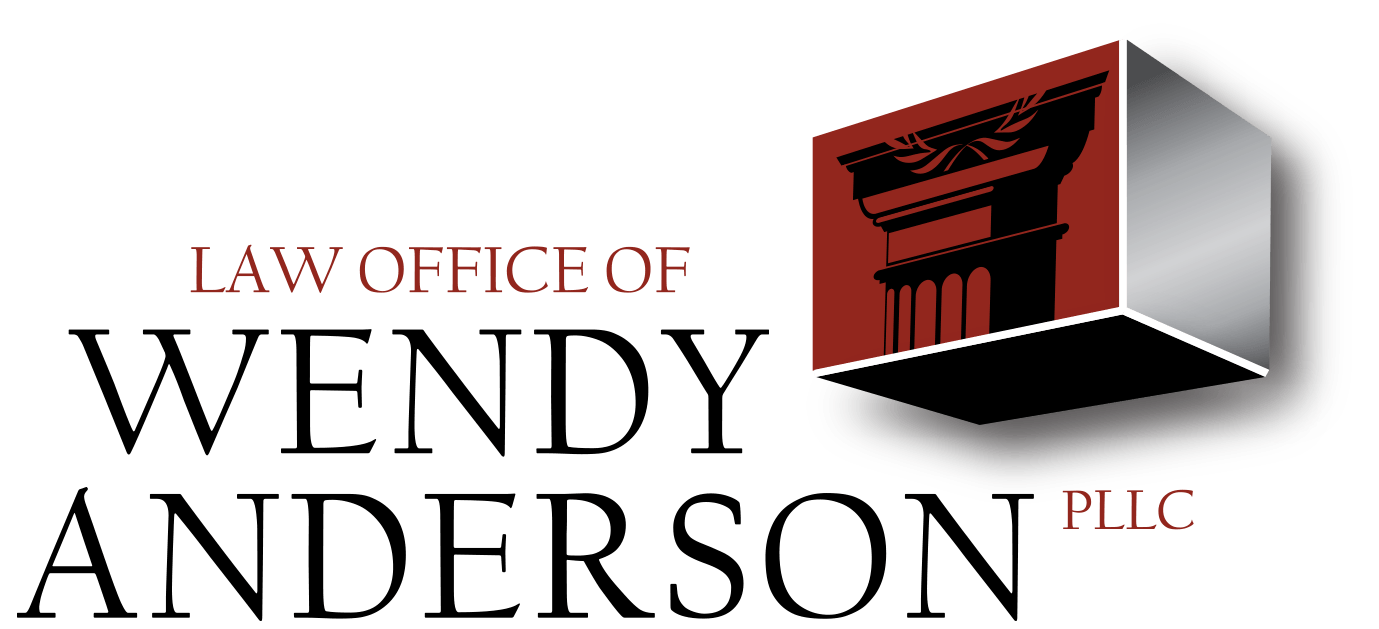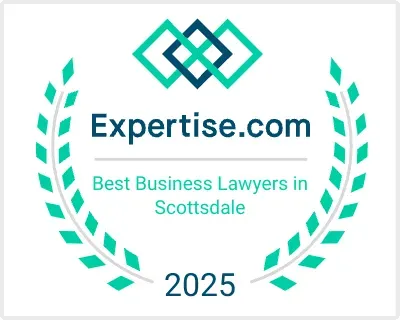The Corporate Transparency Act - Be Aware and Be Prepared
If you are an owner of a company, the federal Corporate Transparency Act (CTA) applies to you!
This is a long blog post, but it’s important. Hang in there and click here for your next steps!!
Passed in January 2021 after a decade of congressional efforts, this new federal law provides a tool for national security, intelligence, and law enforcement agencies to counter money laundering, the financing of terrorism, and other illicit activity by eliminating the use of anonymous shell companies.
Until now, the collection of business entity ownership information fell to financial institutions and their due diligence requirements when opening new business accounts. In 2024, this burden will shift to the businesses themselves. All US business entities will be required to report information about its owners to the U.S. Department of the Treasury’s Financial Crimes Enforcement Network (FinCEN).
On September 29, 2022, FinCEN issued its final rule regarding which entities and individuals must file a report, what information must be reported, and when a report is due. Here is what you need to know.
WHO MUST REPORT?
Any corporation, limited liability company, limited partnership or similar entity which is created by filing with a secretary of state (or similar office, such as the Arizona Corporation Commission) or is formed in a foreign country and registered to do business in the United States is considered a Reporting Company and must comply with the requirements.
Additionally, every Reporting Company must report certain personal information about all of its Beneficial Owners. Under the CTA, a Beneficial Owner is defined as any individual who directly or indirectly exercises substantial control over an entity OR owns or controls at least 25% of the ownership interest in the company.
Substantial Control is defined as a person who:
- Serves as a senior officer including any individual holding the position or exercising the authority of president, CEO, CFO, COO, general counsel, or any other officer performing a similar function;
- Has authority over the appointment or removal of any senior officer or a majority of the board of directors or similar governing body; or
- Directs, determines or has substantial influence over important matters of the Reporting Company.
Ownership Interest is defined as any instrument, contract, arrangement, understanding, or mechanism used to establish ownership in the Reporting Company.
Finally, the rule also requires a new company that is created or registered on or after January 1, 2024 to provide identifying information of the person who created or registered it (Company Applicant). Reporting Companies created or registered prior to January 1, 2024 are not required to report their Company Applicants.
WHAT INFORMATION MUST BE REPORTED?
Each Reporting Company must provide:
- Entity name (and any alternative trade or d/b/a names)
- Business street address
- Jurisdiction of formation and, for foreign entities, the State or Tribal jurisdiction of registration
- A unique identification number (such as TIN, EIN, LEI, etc.)
For all Beneficial Owners and, if applicable, the Company Applicant:
- Full legal name
- Date of birth
- Current address
- A unique identifying number, from an acceptable identification document such as a passport, driver's license, or FinCEN identifier
- An image of the acceptable identification document
WHEN MUST COMPANIES REPORT?
Companies created before January 1, 2024 have one (1) year to file their initial reports with Company and Beneficial Owner information, so that’s a deadline of December 31, 2024.
Companies created or registered in 2024 have 90 days after formation to file the information on their Company, Beneficial Owners and Company Applicants.
Companies created on or after January 1, 2025 have 30 days after their formation to file the information on their Company, Beneficial Owners, and Company Applicants.
Any change to the information previously filed about a Reporting Company or its Beneficial Owners, or any inaccuracies in such reported information, must be reported to FinCEN within 30 days of the date of the change or the date the inaccuracy was discovered. No updates are required with respect to Company Applicant information.
WHAT ENTITIES ARE EXEMPT?
Certain business entities already report the required information to the federal government and are exempt from the CTA requirements. The exempt entities include, among others:
- Companies (i) employing more than 20 full-time employees in the United States, (ii) operating from a physical office in the United States, AND (iii) having more than $5 million in gross receipts/sales, as shown on a tax return
- Federally registered entities such as banks, credit unions, money services businesses, registered broker dealers, insurance companies, accounting firms, public utilities, and certain tax-exempt entities
- Publicly traded companies that are subject to SEC regulations
- Additional exceptions apply to certain entities, such as trusts, that do not require the filing with a government agency
WHAT ARE THE PENALTIES FOR NON-COMPLIANCE?
The objective of the CTA cannot be realized if business owners do not to comply with the requirements. The penalties are stiff. An individual who willfully fails to meet the reporting standards may face civil penalties of up to $500 per day. An individual who willfully provides or attempts to provide false or fraudulent information, or willfully fails to provide FinCEN with the requisite information, may face criminal fines up to $10,000 and/or imprisonment for up to two years.
WHO WILL HAVE ACCESS TO THE INFORMATION?
Clearly, there are legitimate concerns about the privacy of the reported information. The information will not be publicly available and it is not subject to Freedom of Information Act requests. FinCEN is authorized to disclose the information to:
- U.S. federal law enforcement, national security, and intelligence agencies and the Treasury Department
- State, local and tribal enforcement agencies, with a court order
- Non-U.S. law enforcement agencies, upon a request from a U.S. federal law enforcement agency
- Financial institutions and their regulators, with consent of the Reporting Company
IS THE INFORMATION PROTECTED?
FinCEN recognizes the sensitivity of Beneficial Owner and Company Applicant information and the severe adverse effects that the unauthorized release would have on those people. FinCEN is currently developing the secure infrastructure necessary for millions of Reporting Companies to adhere to the CTA’s guidelines in 2024. Under the law, the Beneficial Ownership Secure System (BOSS) must meet the highest Federal Information Security Management Act (FISMA) level by the effective date of January 1, 2024.
NEXT STEPS?
Business owners, and anyone that could be considered a Beneficial Owner under these Rules, should ensure that their company and personal information is updated in the company’s file with the Arizona Corporation Commission. That will ensure that, when you enter your information into the CTA database in 2024, it matches the ACC files.
If your company has experienced changes in ownership through sales of shares or membership interests, or through probate or trust administration, begin to identify all individuals who will be considered Beneficial Owners so as not to delay your required reporting. Also make sure that the correct addresses are showing for your entity and your Beneficial Owners.
The LAW OFFICE OF WENDY ANDERSON is available to assist with any questions you may have about the law and with the reporting process itself. If you believe your ACC file is not accurate, click here for more information on how we can help.
NOTE: THIS ARTICLE IS FOR GENERAL INFORMATIONAL PURPOSES. IT DOES NOT CONSTITUTE LEGAL ADVICE, NOR DOES IT CREATE AN ATTORNEY-CLIENT RELATIONSHIP. EACH SITUATION IS DIFFERENT. YOU SHOULD CONSULT WITH AN ATTORNEY TO DETERMINE YOUR LEGAL RIGHTS, REMEDIES, AND DUTIES.
By Wendy M. Anderson, Esq.
Law Office of Wendy Anderson, PLLC





